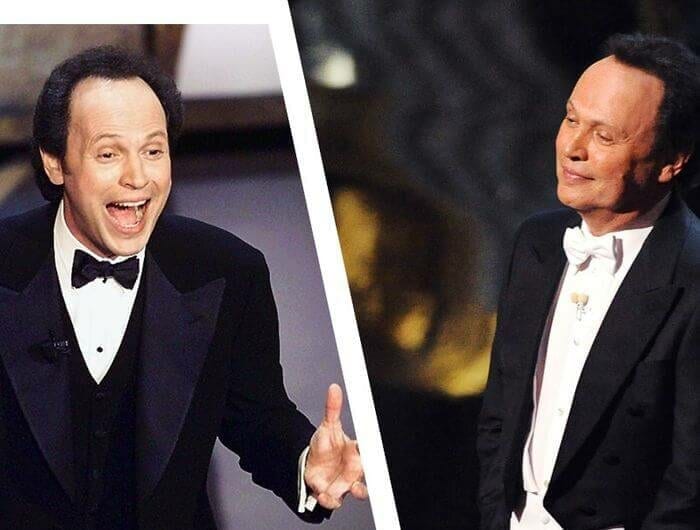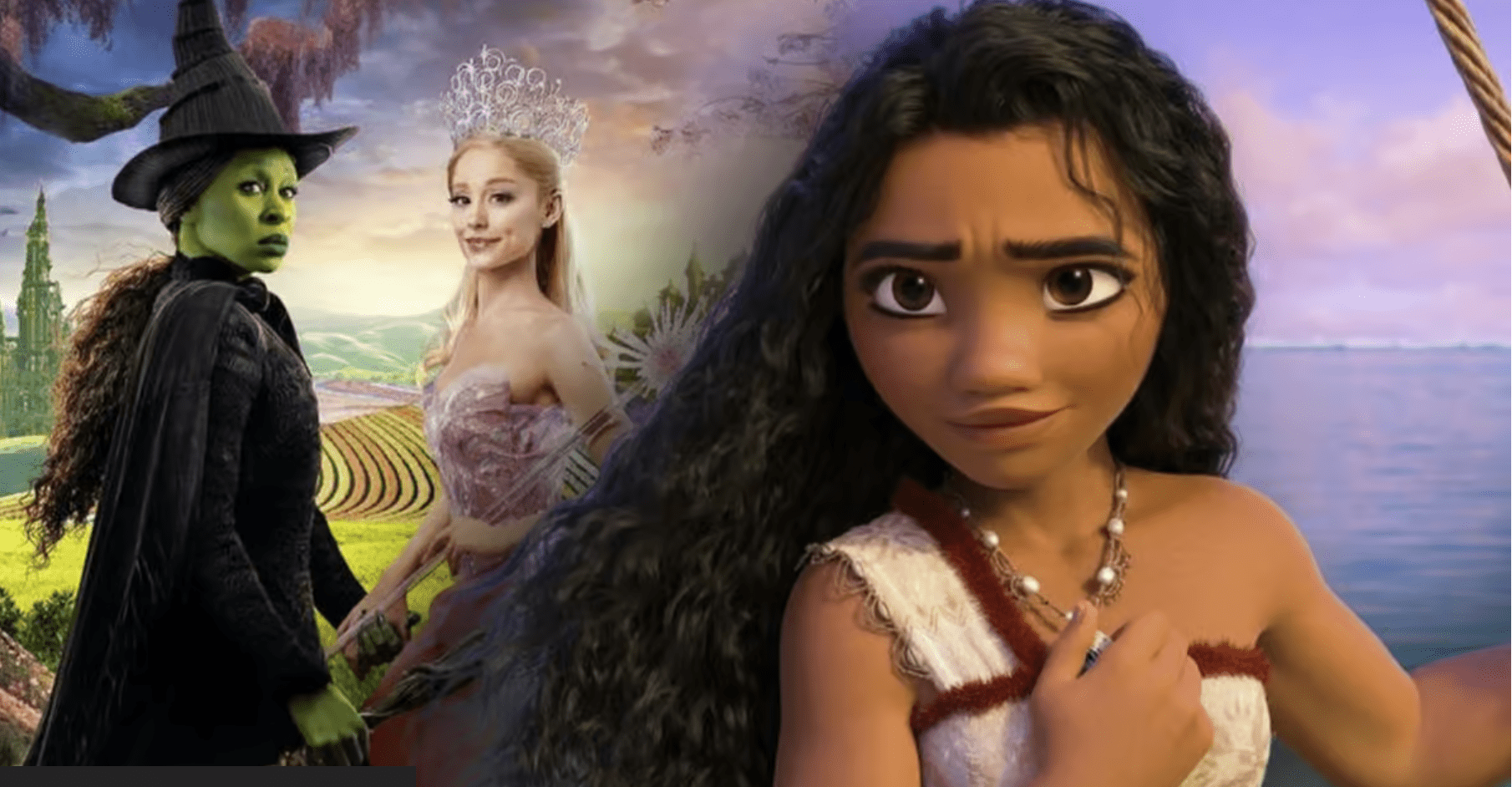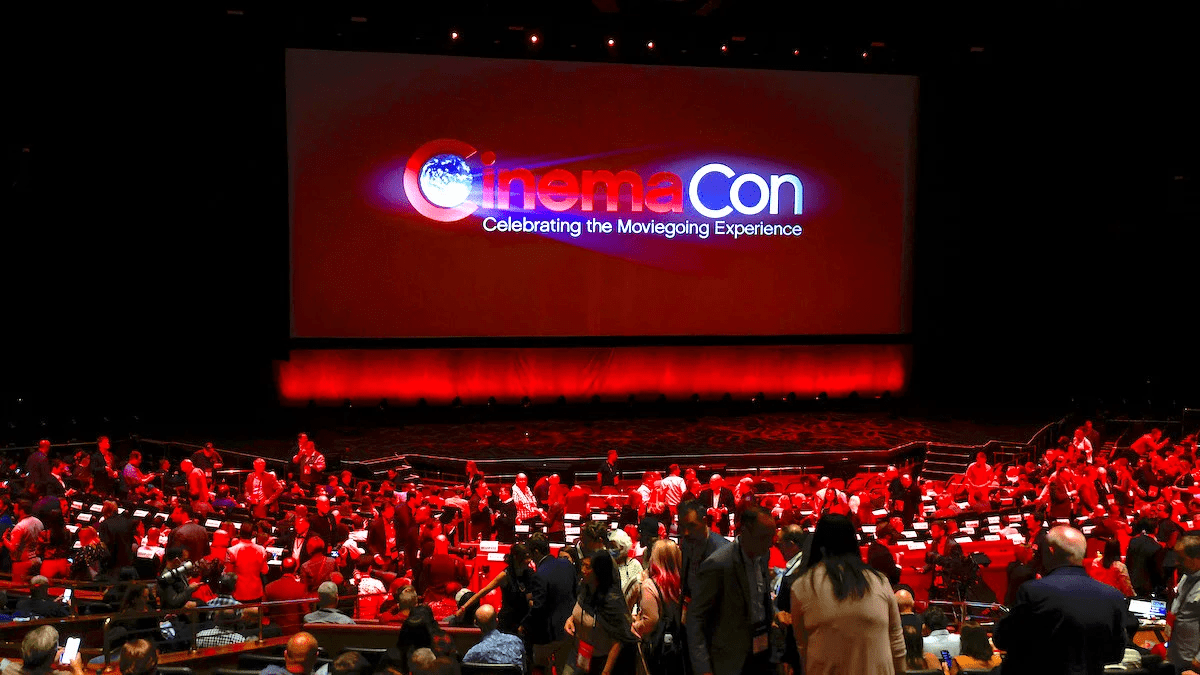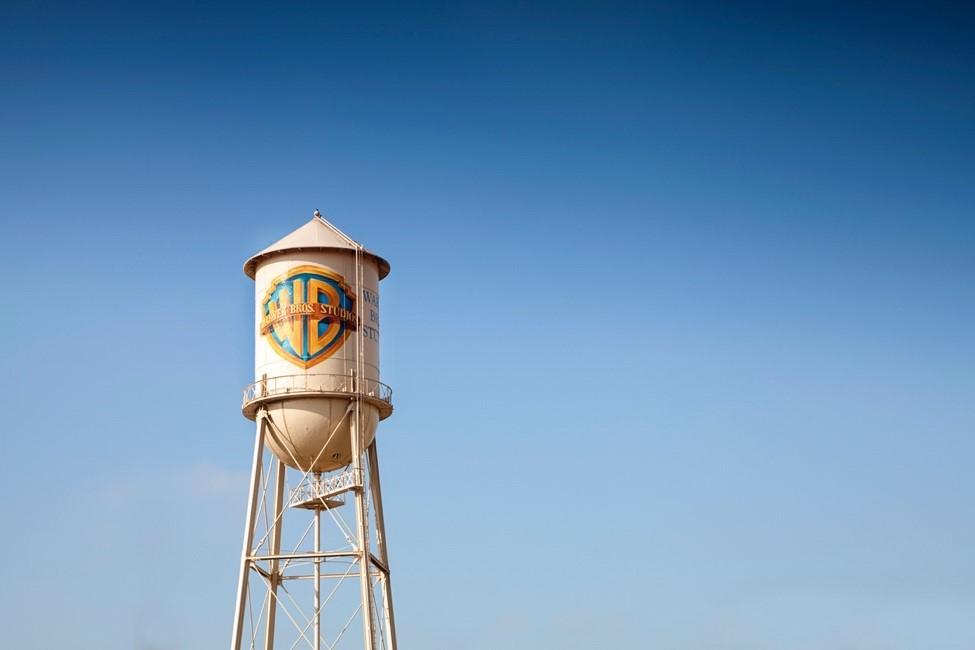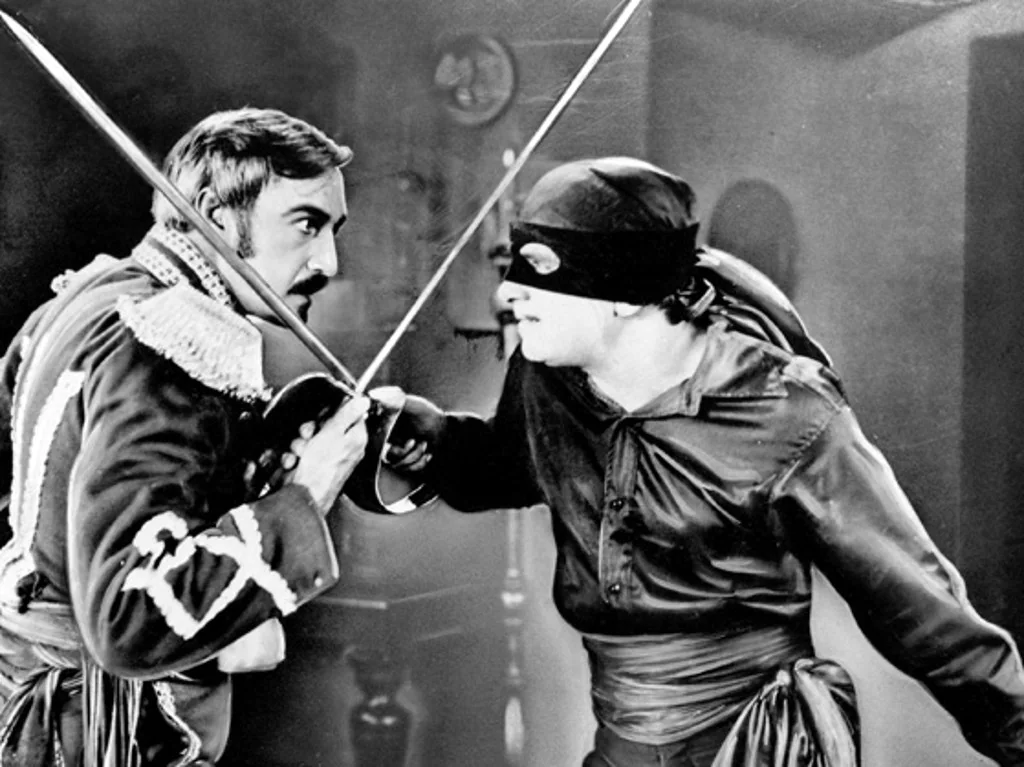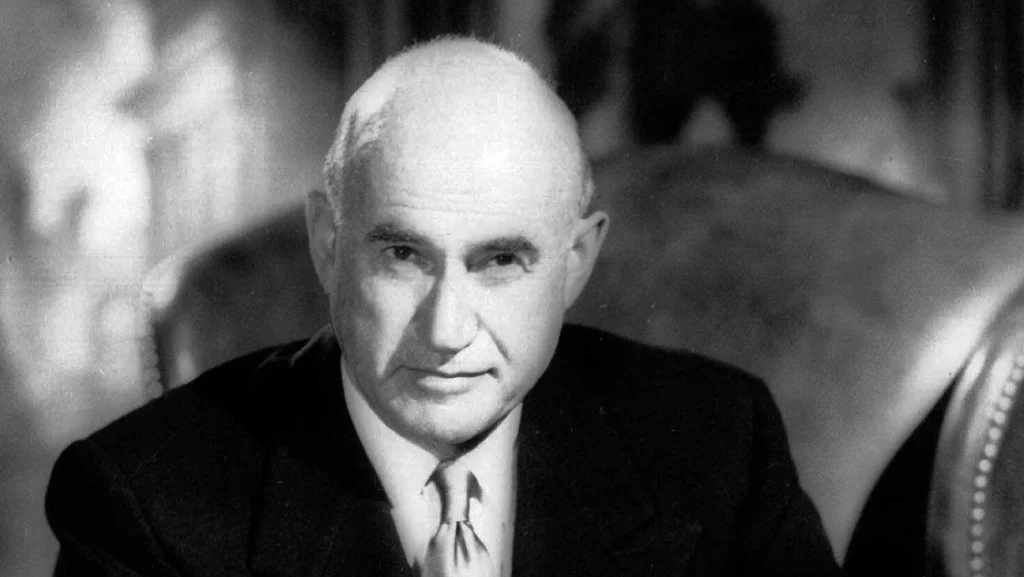On March 23rd, 1998 the Academy of Motion Picture Arts and Sciences held its 70th annual Oscar Ceremony at the Shrine Auditorium in Los Angeles. Broadcast on ABC TV and hosted by Billy Crystal, that year’s Academy Awards Ceremony hit the high water mark as the most-watched in history, having an average of more than 57M viewers in the U.S. Titanic won the night by taking home 11 of the 24 Oscars awarded, including Best Picture, Director, Film Editing, Cinematography and Sound. James Cameron directed the epic romance, starring Leonardo DiCaprio and Kate Winslet at the dawn of their careers. At that time, many Oscar viewers watched with anticipation and had a rooting interest in the outcome because Titanic was a film they loved.
Since then, much has changed on the Oscars front with Academy members embracing films for Best Picture that are driven more by critical acclaim than by box office success. Audiences for awards shows in general declined sharply as viewers became increasingly less familiar with the nominees – frequently because specialty films hadn’t played in theatres in smaller markets across the country. More recently, the rise of streaming Studios like Netflix and Amazon has led to many Oscar nominees with little or no theatrical exposure. Despite the streamers’ large audiences, many television viewers aren’t subscribers and, therefore, don’t have a rooting interest in whether those films win. The global pandemic added to the problem by closing most cinemas last year, prompting studios to defer movie openings to 2021. Moviegoers saw few films and have understandably shown little interest in recent awards shows.
At the same time, the Academy’s efforts to diversify its global membership have succeeded. The latest nominations reflect a much broader universe of films and filmmakers than ever before. Moviegoers are returning now to reopened cinemas and, hopefully, by 4/25 when ABC telecasts the 93rd Oscars they’ll tune in to catch up and will, as the Academy puts it, “Bring Your Movie, Love.”


